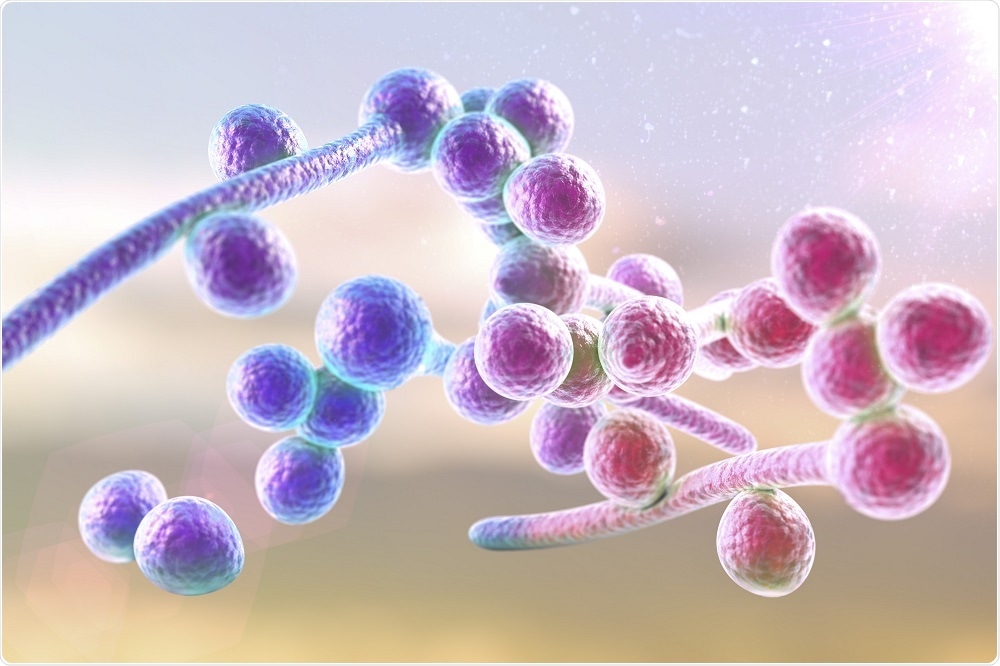Researchers have used CRISPR-Cas9 to develop a technology that can target any gene in the yeast species Saccharomyces cerevisiae, which is widely used to make ethanol, pharmaceuticals, industrial chemicals and more.
 Credit: Kateryna Kon/Shutterstock.com
Credit: Kateryna Kon/Shutterstock.com
In contrast to traditional techniques that only target a single gene or a limited number of genes, this genome-scale engineering enables researchers to study the function of a gene individually, as well as in combination with other genes.
Lead author Huimin Zhao (University of Illinois) says understanding the genome in this way could lead to the development of yeast strains with increased productivity.
The scale we have demonstrated in this study is unprecedented. CRISPR has been used to introduce point mutations - for example, to address genetic diseases - but Saccharomyces yeast has about 6,000 genes, and we want to be able to knock out each of these genes iteratively and find out how they affect the production of a target compound.”
Huimin Zhao, University of Illinois
A “knockout” yeast cell is one in which a single gene has been deleted or “knocked out” in order to investigate how that gene or it’s product contribute to cell function.
When a beneficial mutation is discovered, researchers can selectively breed yeast that has the beneficial characteristic. However, the main knock-out methods excise the entire, gene which can create problems because many genes overlap one another.
Deleting one gene also deletes parts of other genes, making it difficult for researchers to isolate the effects of just one gene.
As reported in the journal Nature Biotechnology, the technology developed by Zhao and team can delete just one base in a gene’s DNA sequence, which knocks out the gene without affecting any overlapping genes.
We can introduce just one single base change on the entire chromosome. That makes a minimal disturbance in the function of the neighboring genes, so we can study how important the gene is in its cellular context. That kind of precision has not been achieved before."
Huimin Zhao, University of Illinois
Zhao's team have developed a library of knockout yeast phenotypes, one for each gene in the S. cerevisiae genome, which they will be making available to other researchers.
Now, the group is developing libraries for other types of yeast, including species that produce the lipids used in lubricants, biofuels and other industrial applications.
Source:
https://www.eurekalert.org/pub_releases/2018-05/uoia-nct050718.php